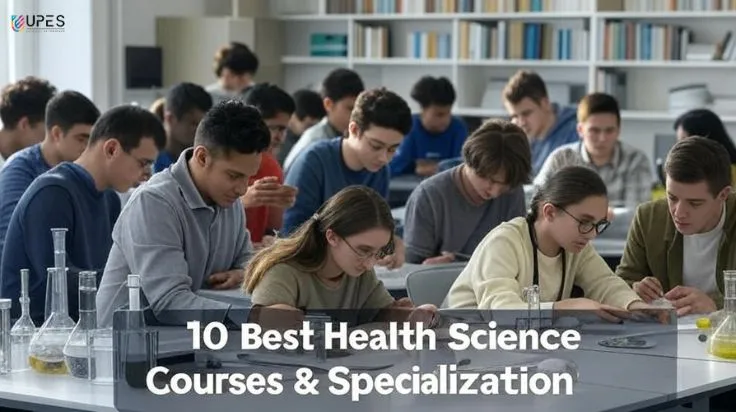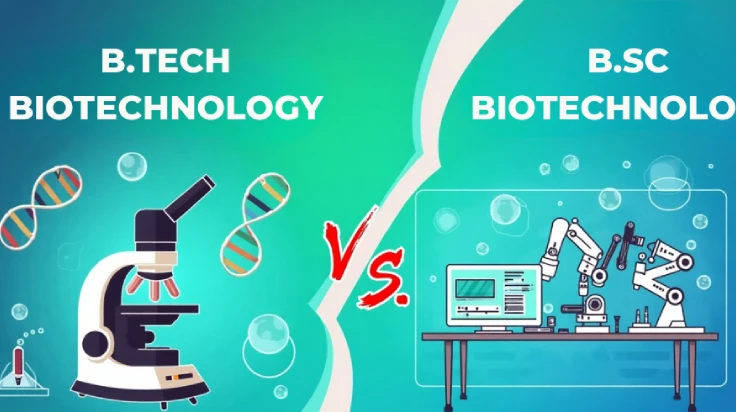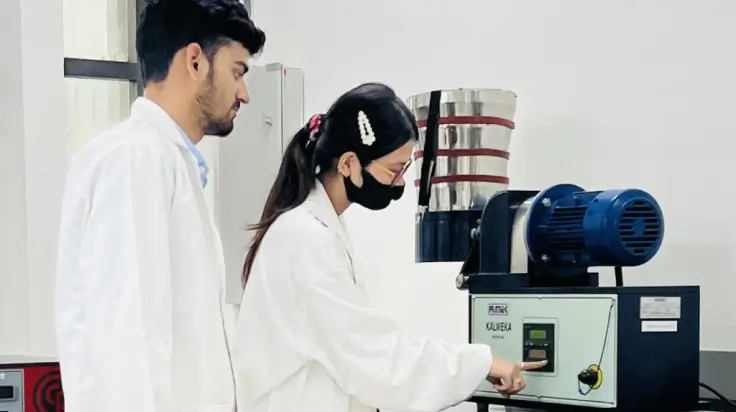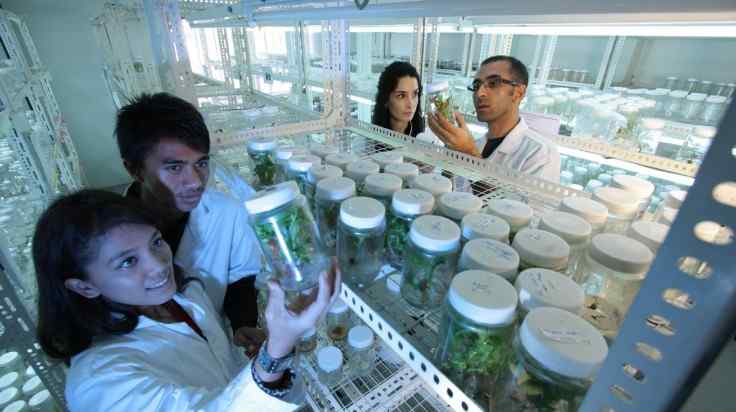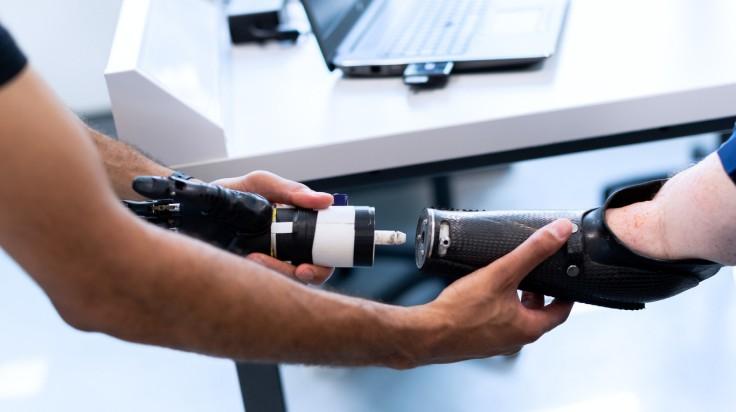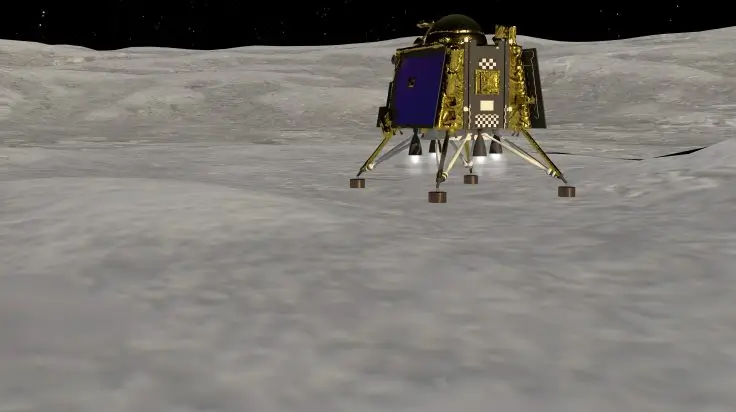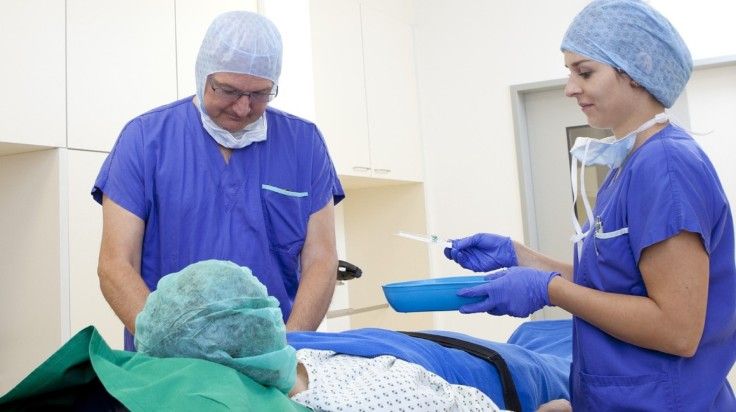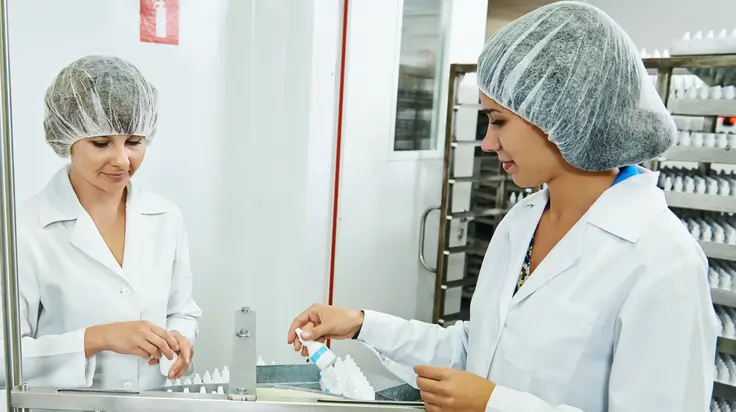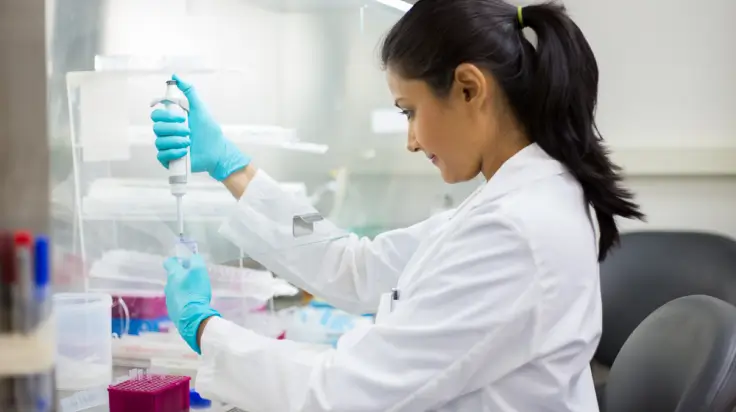
Image by DCStudio on Freepik
Technological advances in food have clearly changed what goes on our plate and how. With growing scope and advances in the field, private and public organisations are increasingly hiring food tech professionals. As a profession, Food Technology is not only lucrative but also a fulfilling career that promises security, a diverse environment, good earning possibilities, as well as recognition
During their long expeditions, explorers such as James Cook and Christopher Columbus carried foods preserved in syrup and brine (a highly concentrated salt-water solution) for their longer shelf life. In 1810, French confectioner Nicholas Appert developed the canning process – an airtight food preservation method that is used practically everywhere today. In 1863, Louis Pasteur developed the Pasteurisation process, which helps improve the shelf life of food products. In 1961, Soviet cosmonaut Yuri A. Gagarin became the first human to eat in space, squeezing beef paste from an aluminium tube into his mouth. Day by day, novel techniques are continuously being employed in food processing for minimal nutritional and sensory losses.
What began as an attempt to conserve food has gradually transformed into a comprehensive field known as Food Technology. Today, along with preservation, it involves the production, quality control, as well as research and development of food products. Processing of food prevents food wastage, improves economical gain, and generates employment. The processed food with higher shelf life can be supplied to longer distances, leading to a surge in food markets.

In a world that faces the challenge of feeding 9.7 billion people by 2050 – a sharp rise from the current global population of 7.9 billion – governments are looking at ground-breaking innovations in food technology to solve the issue of food security. Food technology is also getting attention due to increased consumer awareness about what goes on their plate, where it comes from, as well as changing food preferences that seek alternatives to conventional food items. Environmental concerns are also augmenting the need for a better understanding of the subject.
It is crucial to provide enough nutrients and nutraceuticals in food in addition to satisfying the satiety. A micronutrient deficiency, which affects more than 2 billion people, not only has negative effects on one’s own health but also on the global economy. When someone has a disease, special foods and individualised diets are created. Both weight gain and weight loss foods are created. Energy drinks and protein powder are now widely available in the market as sports foods.
With growing scope and advances in the field, private and public organisations are increasingly hiring food tech professionals. Food Safety and Standards Authority of India (FSSAI 2011) enforces each food processing industry/restaurants/hotels to follow all FSSAI regulations for maintaining hygiene, cleanliness, safe food production, and supply. As a profession, food technology is not only lucrative but also a fulfilling career that promises security, a diverse environment, good earning possibilities, as well as recognition.
However, it is crucial to study the program from a university that is abreast with the latest developments in the industry. If you want to learn, learn from the experts.
Why UPES School of Health Sciences and Technology?
A B.Tech. in Food Technology from UPES School of Health Sciences and Technology lays a solid foundation in all areas of the subject and offers specialisations such as Food Biotechnology and Food Plant Engineering. Besides classroom teaching, students are given clinical and community exposure so that they become active change-makers and solution providers for the healthcare sector. The jobs and entrepreneur-oriented knowledge and facilities are provided to students.
UPES School of Health Sciences has a tie-up with Taipei Medical University, Taiwan to provide opportunities for students, research scholars, and faculty for academic collaboration and joint research projects.
The industry-aligned curriculum taught by faculty who are specialists in their respective fields along with active collaborations with industry leaders enables students to develop professional competencies required to address the world’s health challenges.
Ekta Kashyap
The writer is a part of the UPES editorial team
Tags
- upes school of health sciences
UPES Admission Enquiry
Trending Post
Related Articles
Subscribe to UPES Blogs
Join our community for exclusive stories, insights, and updates
By clicking the "Subscribe" button, I agree and accept the privacy policy of UPES.
Please enter your email












